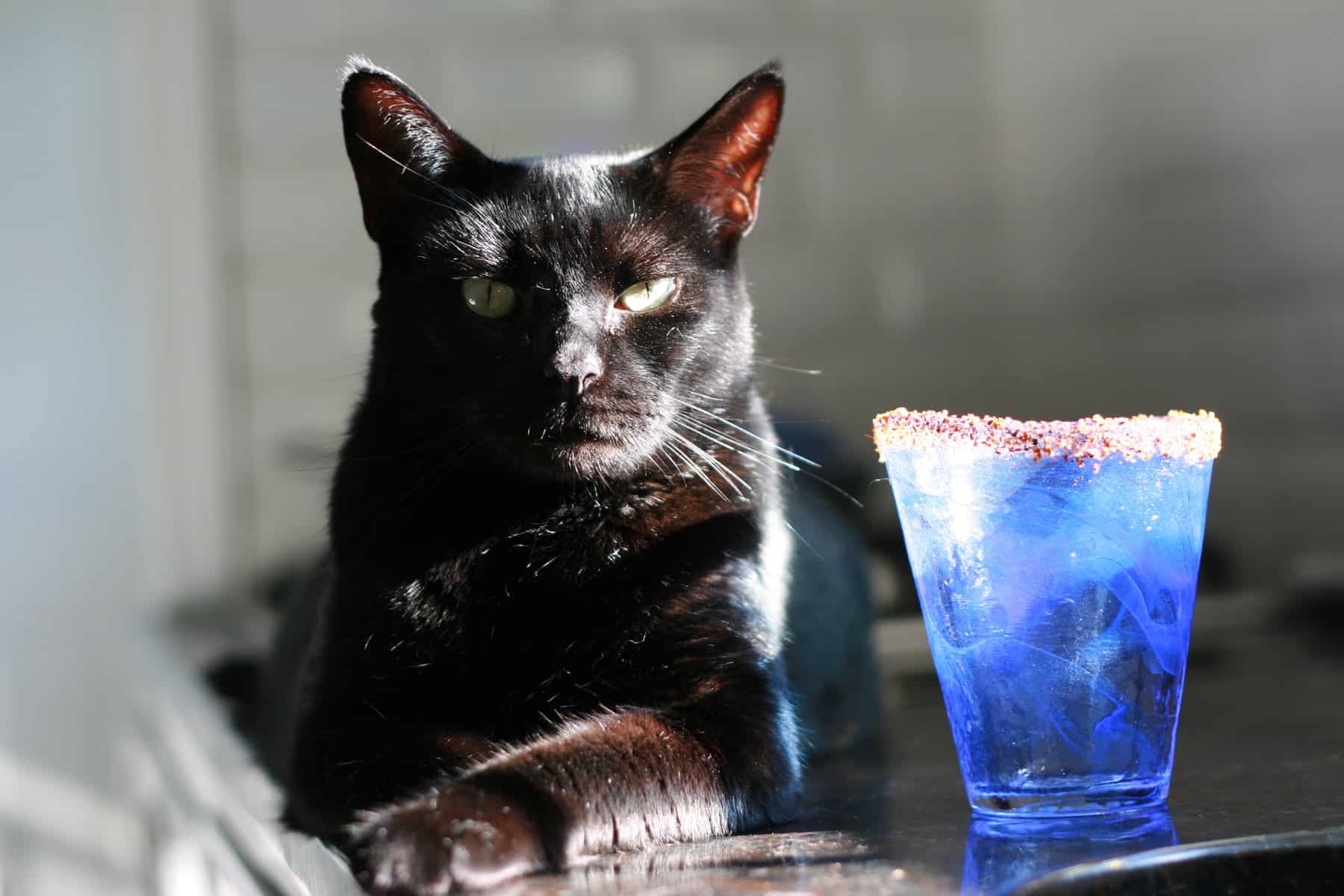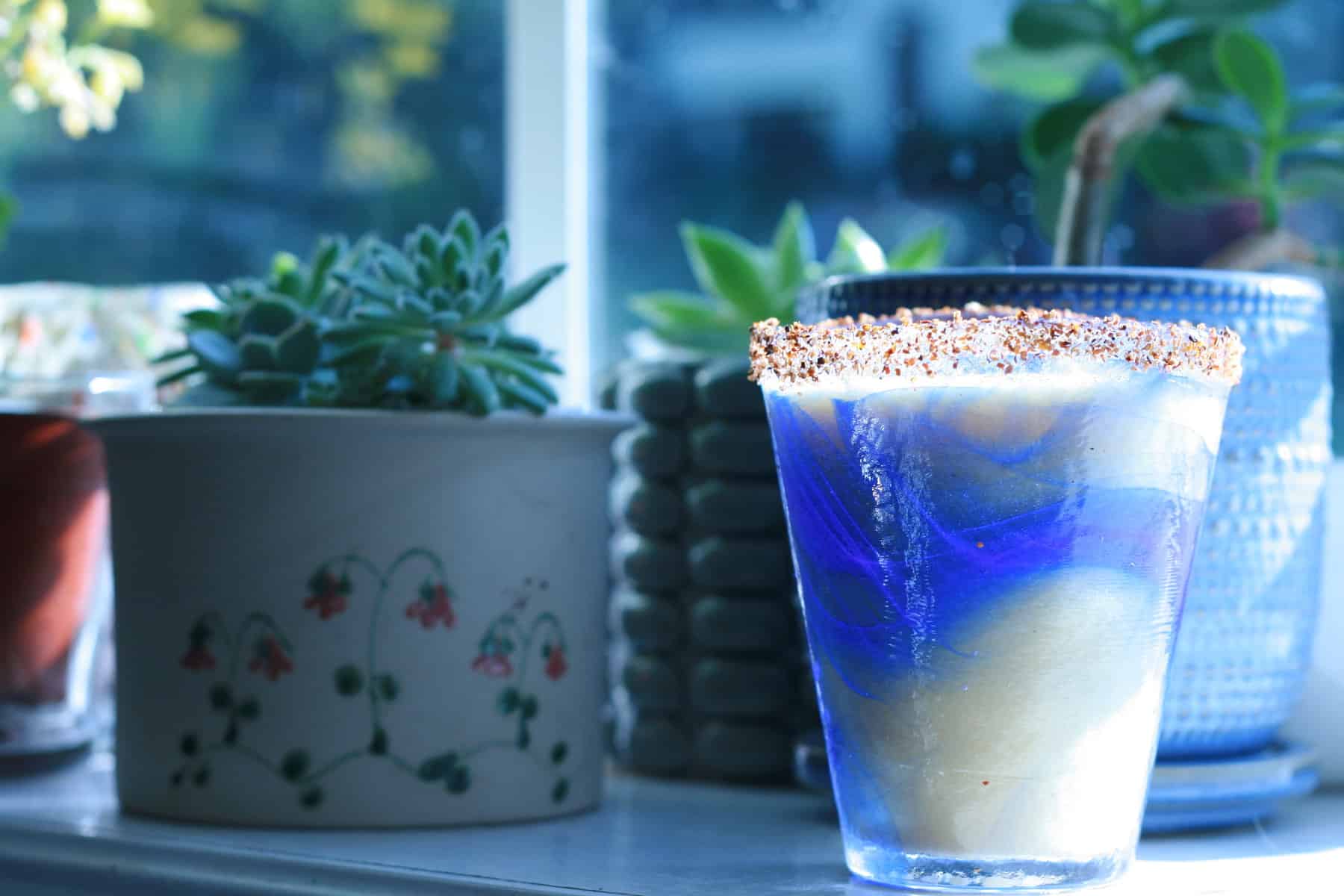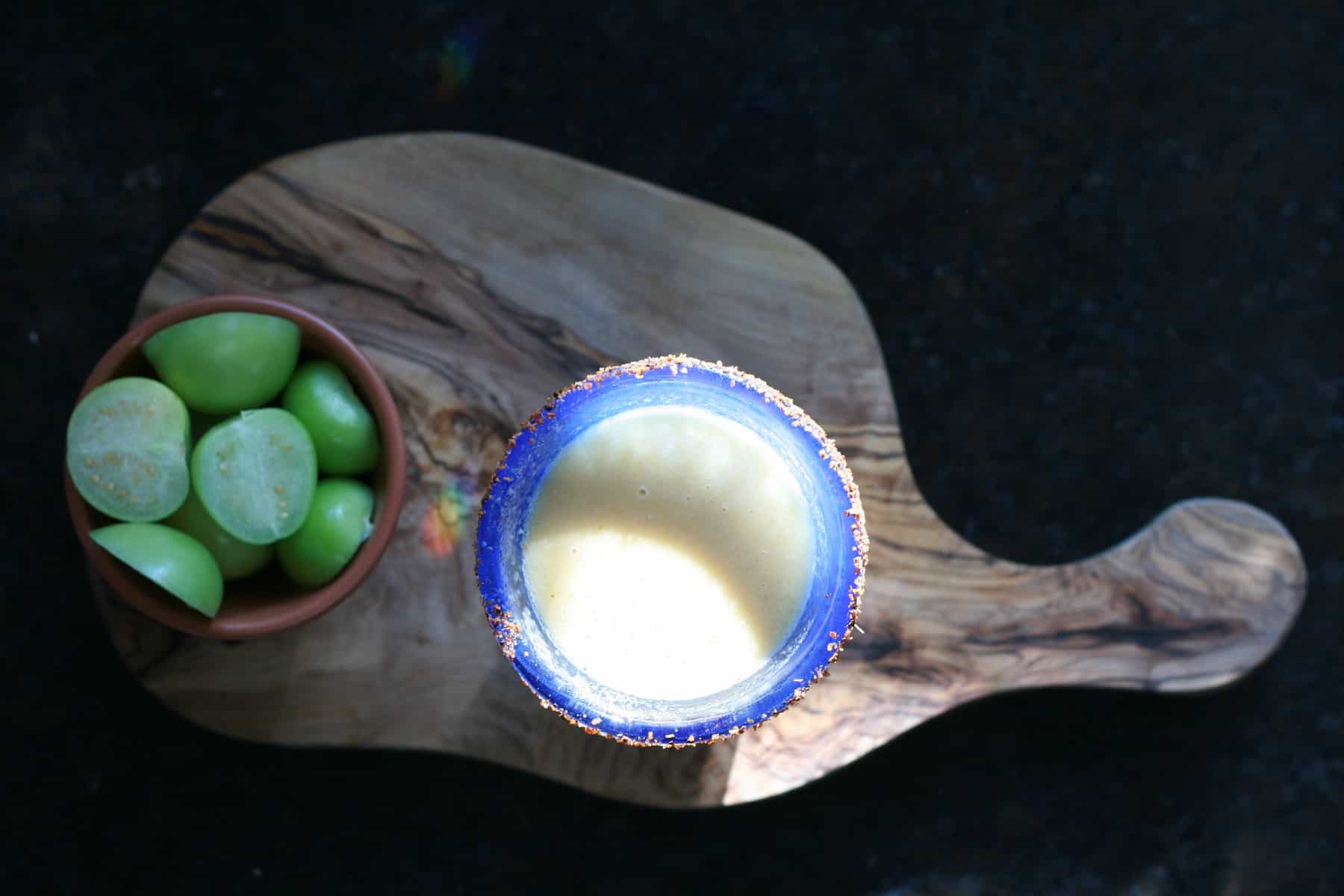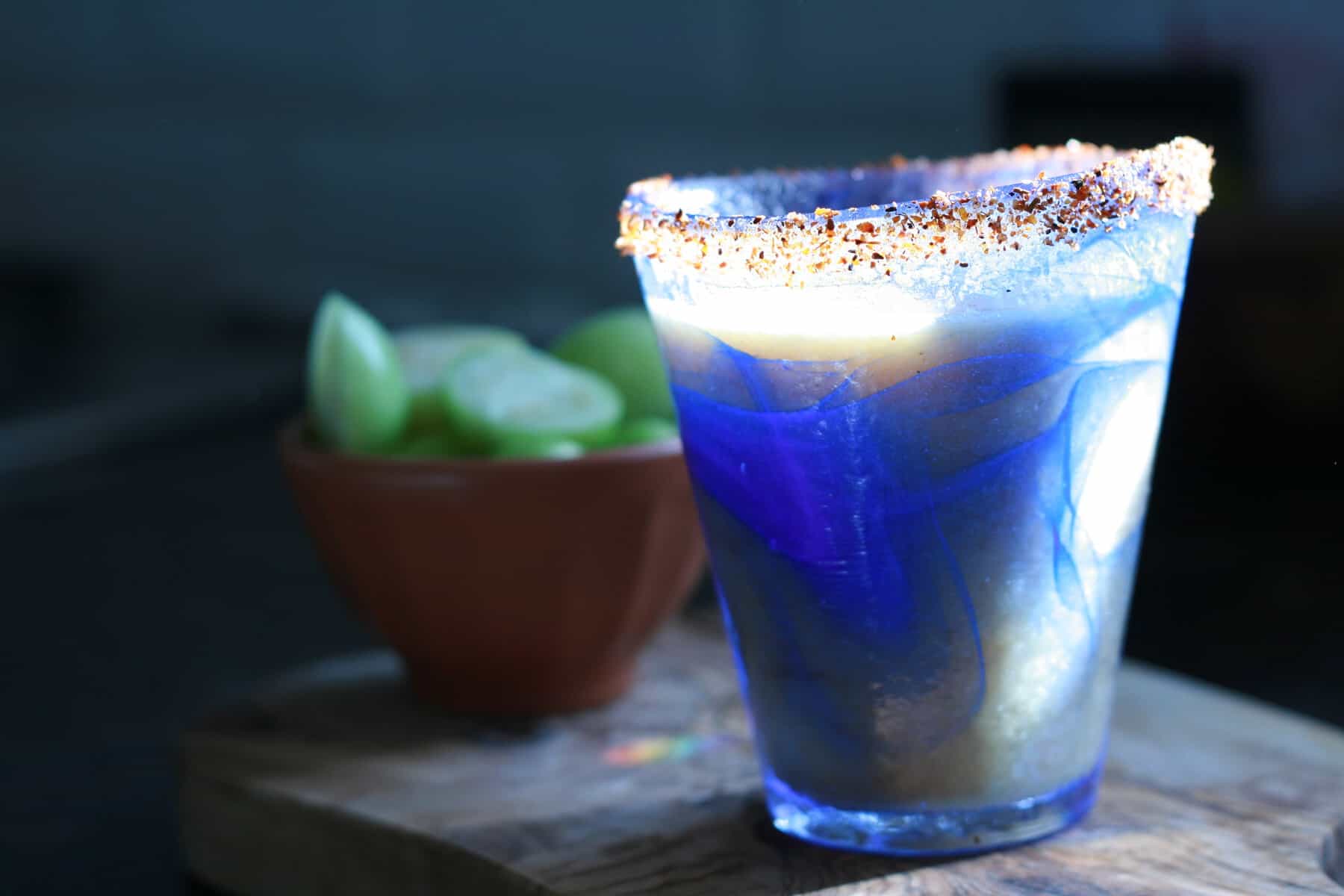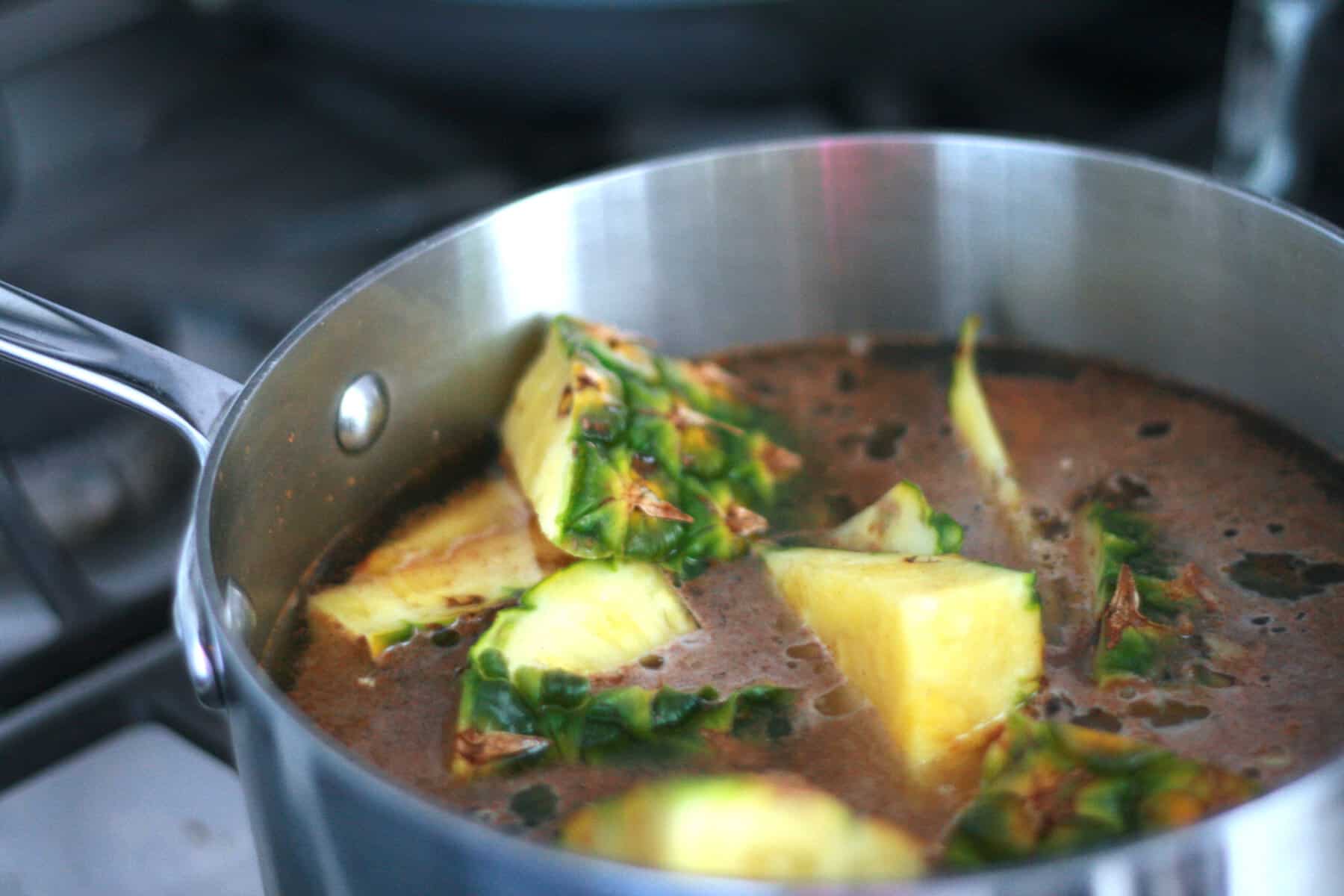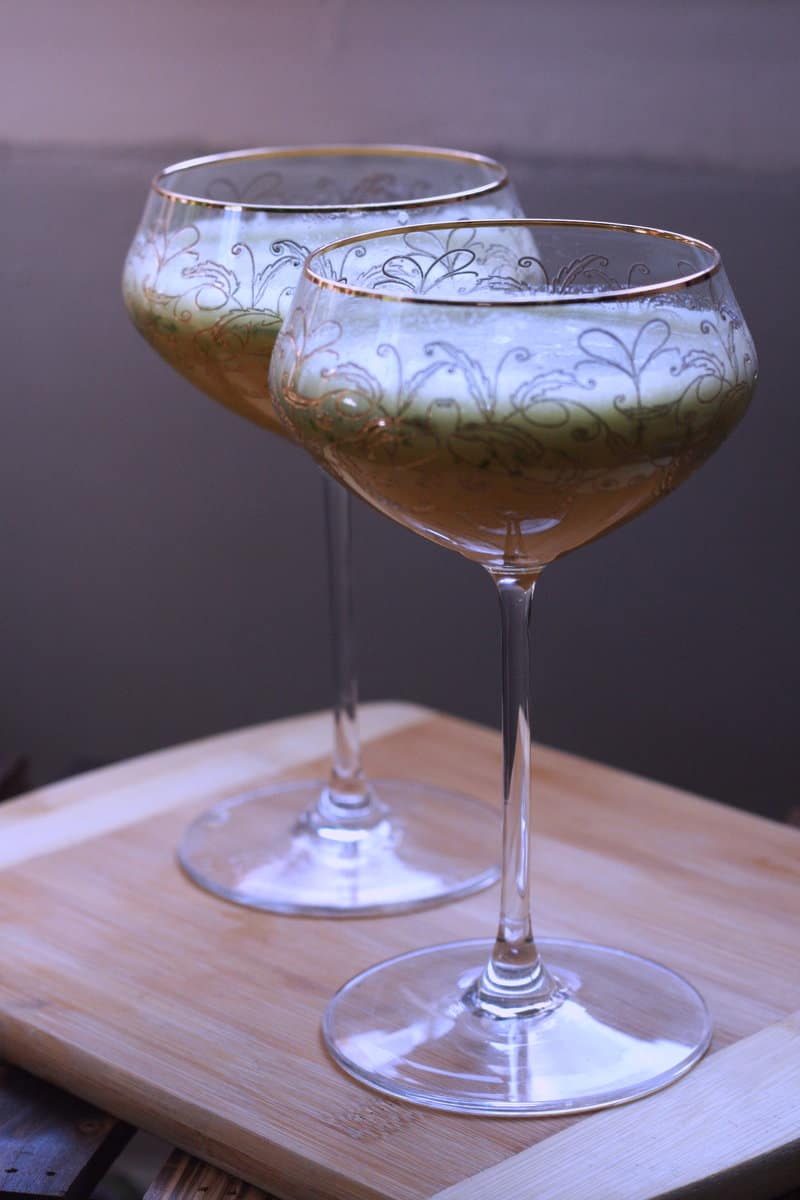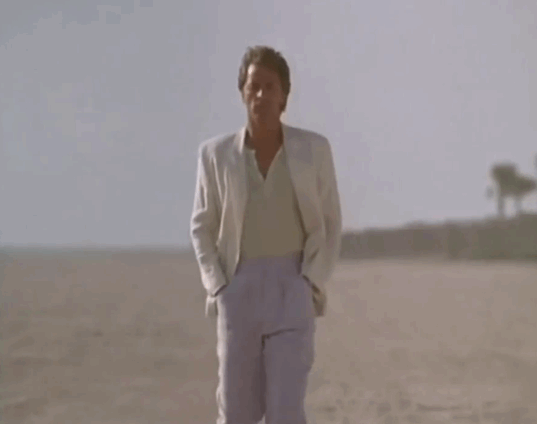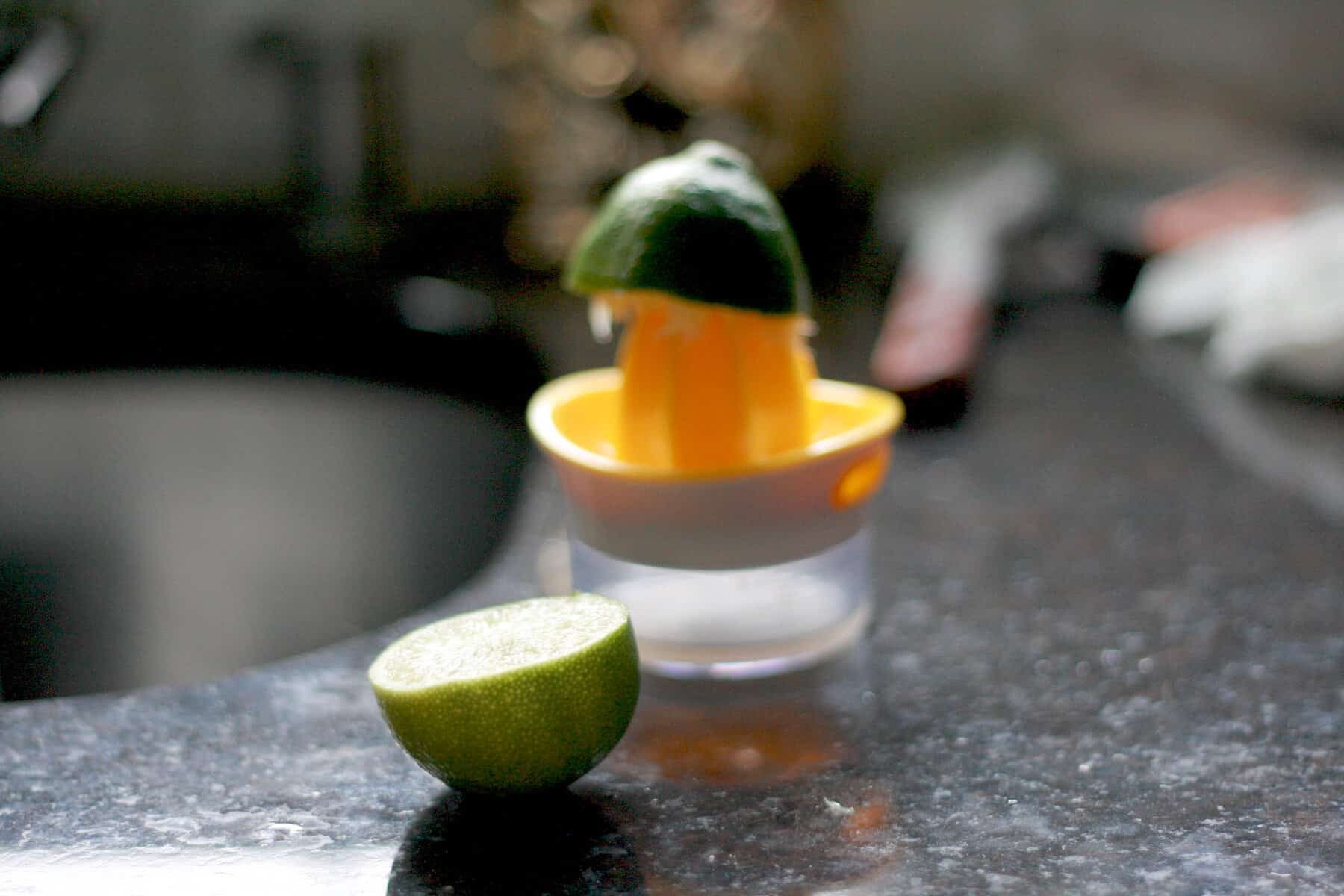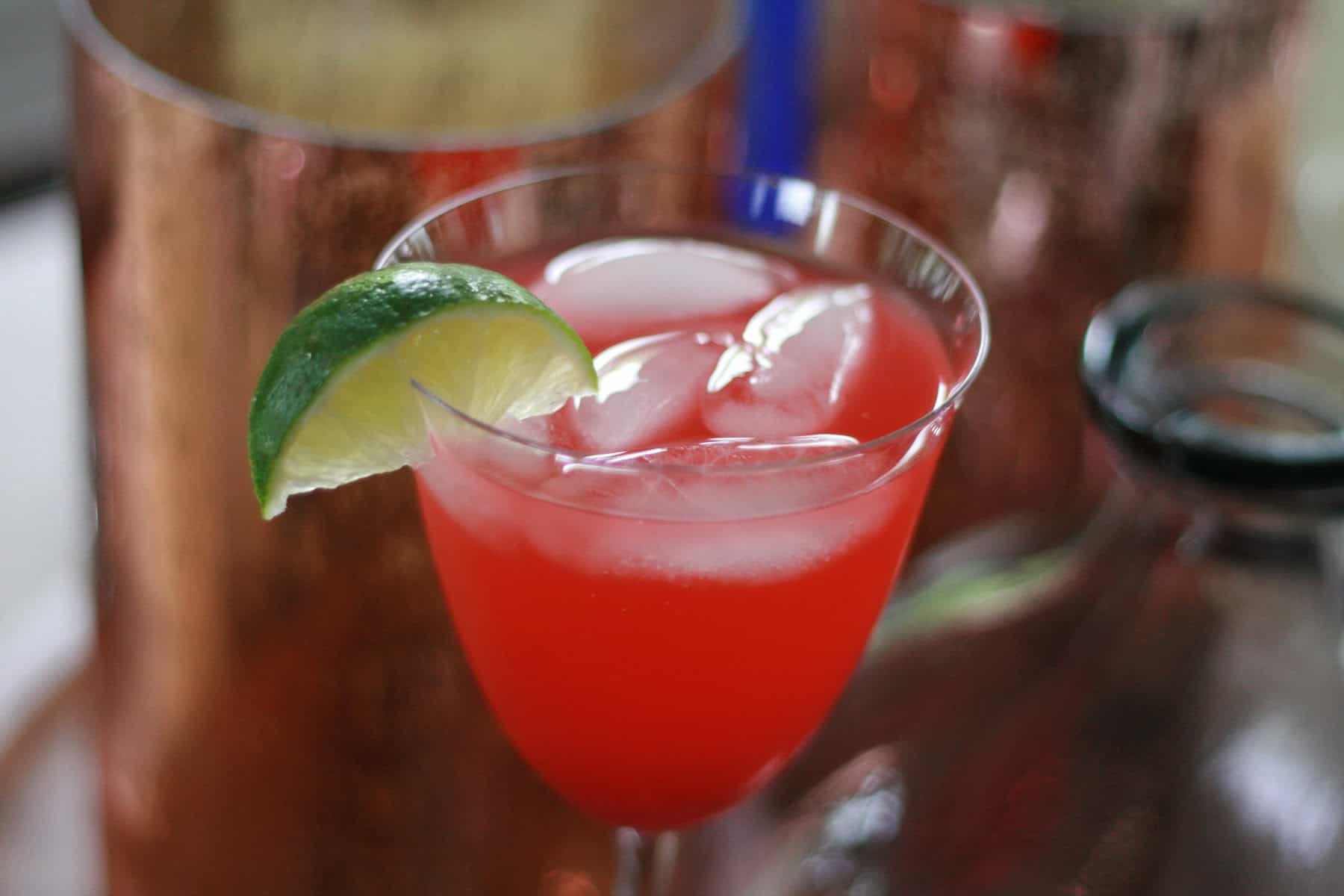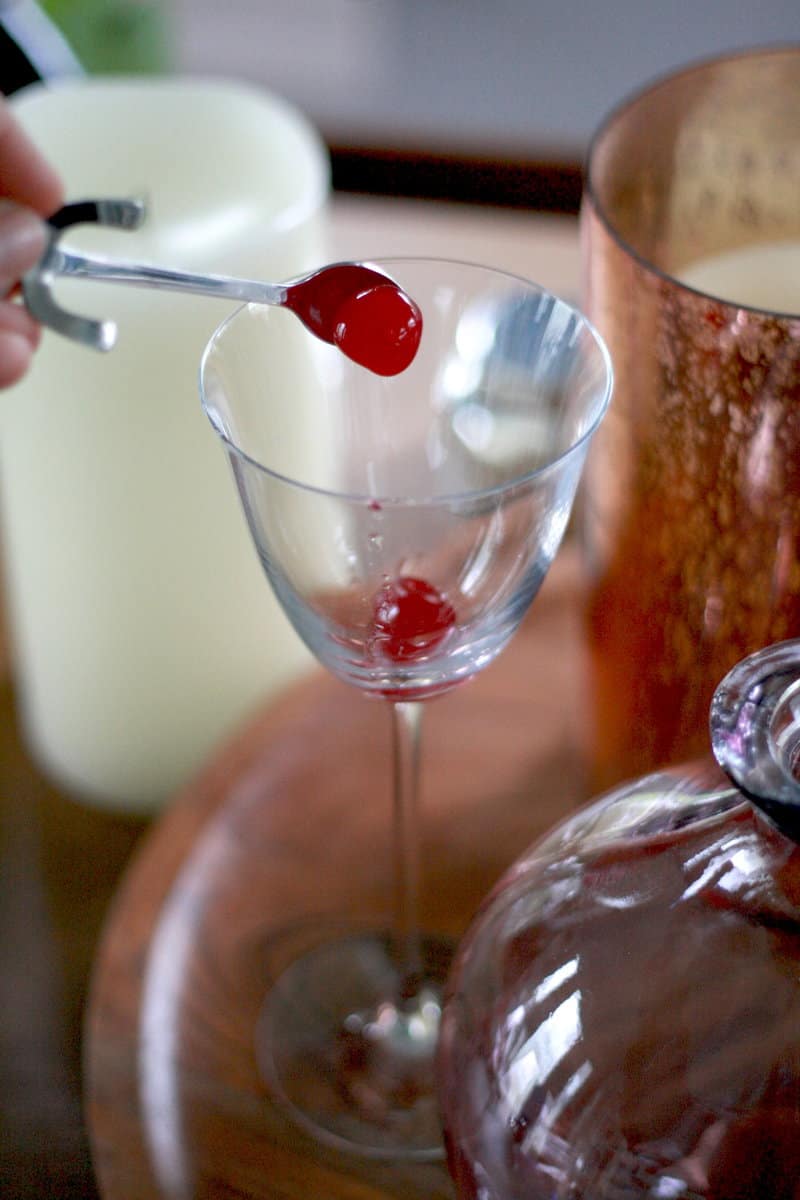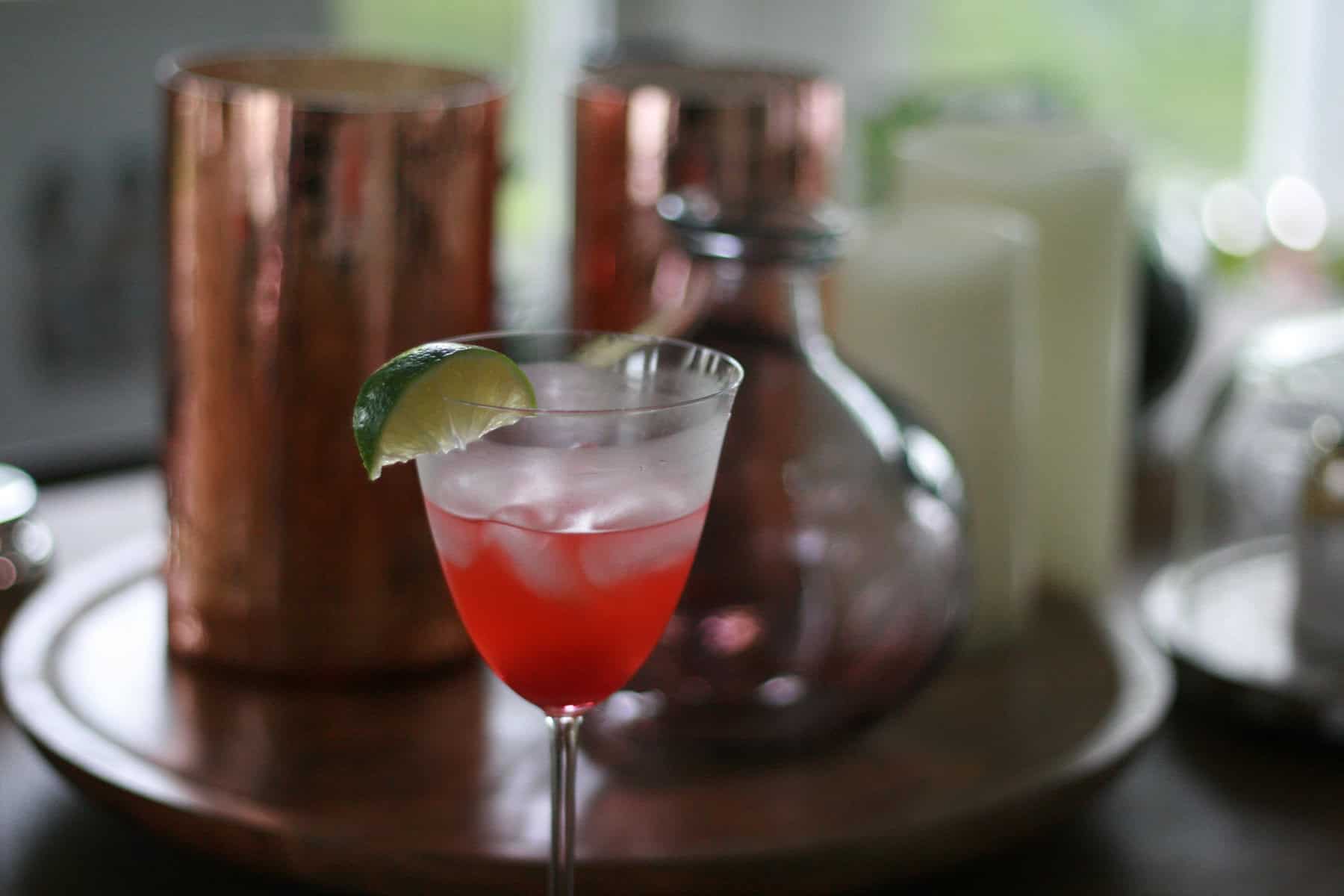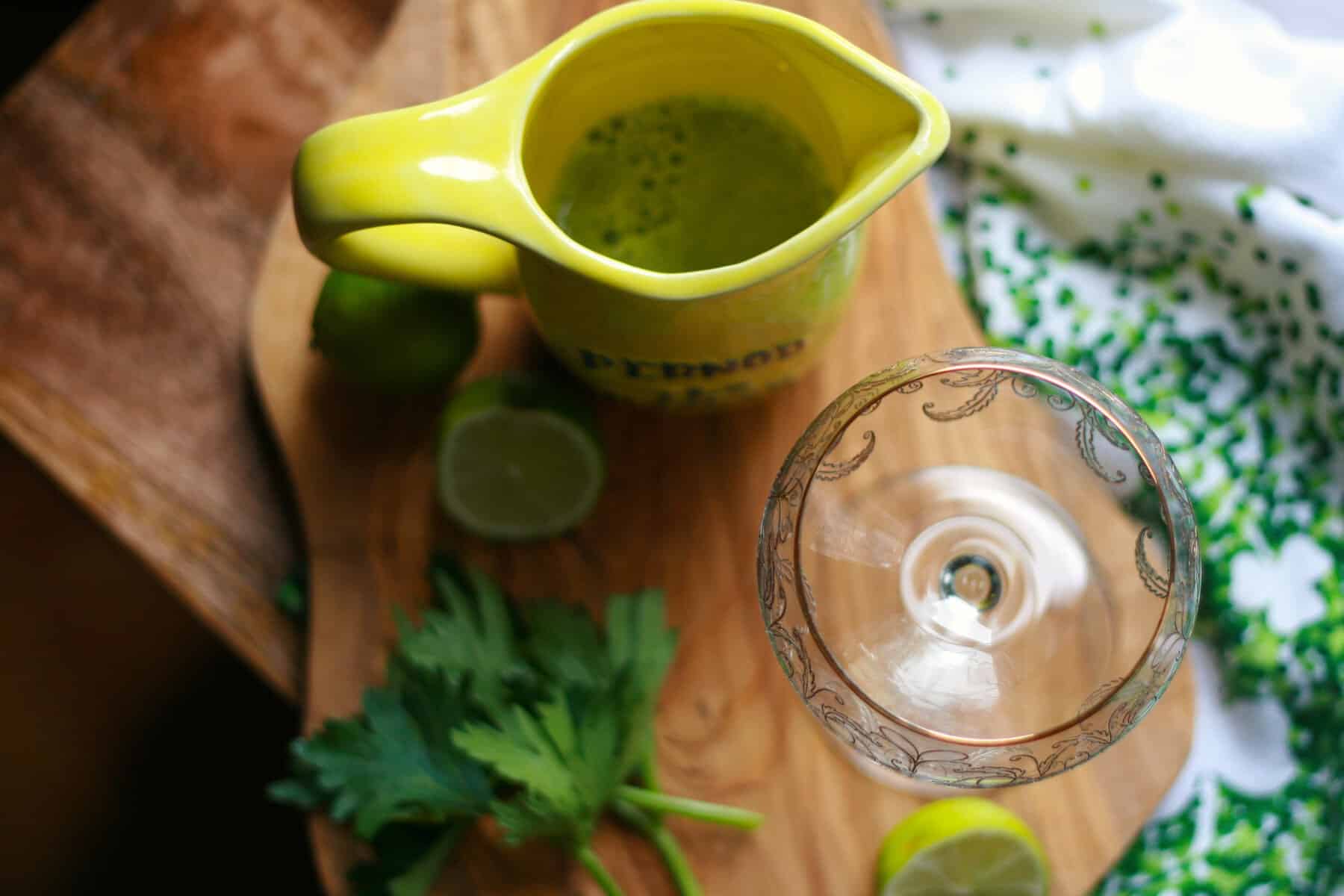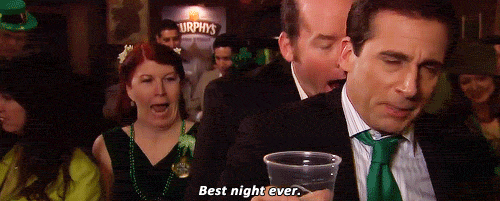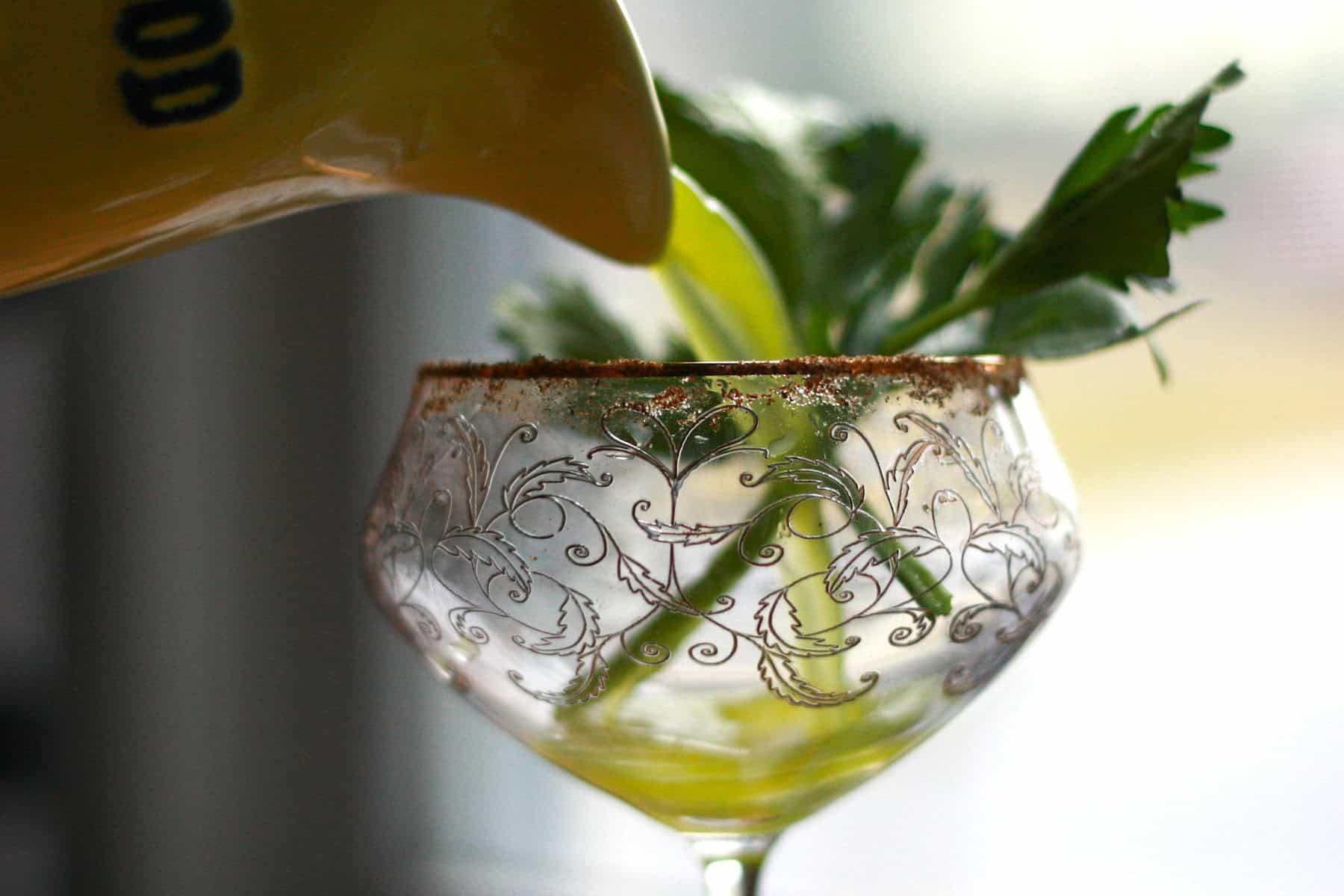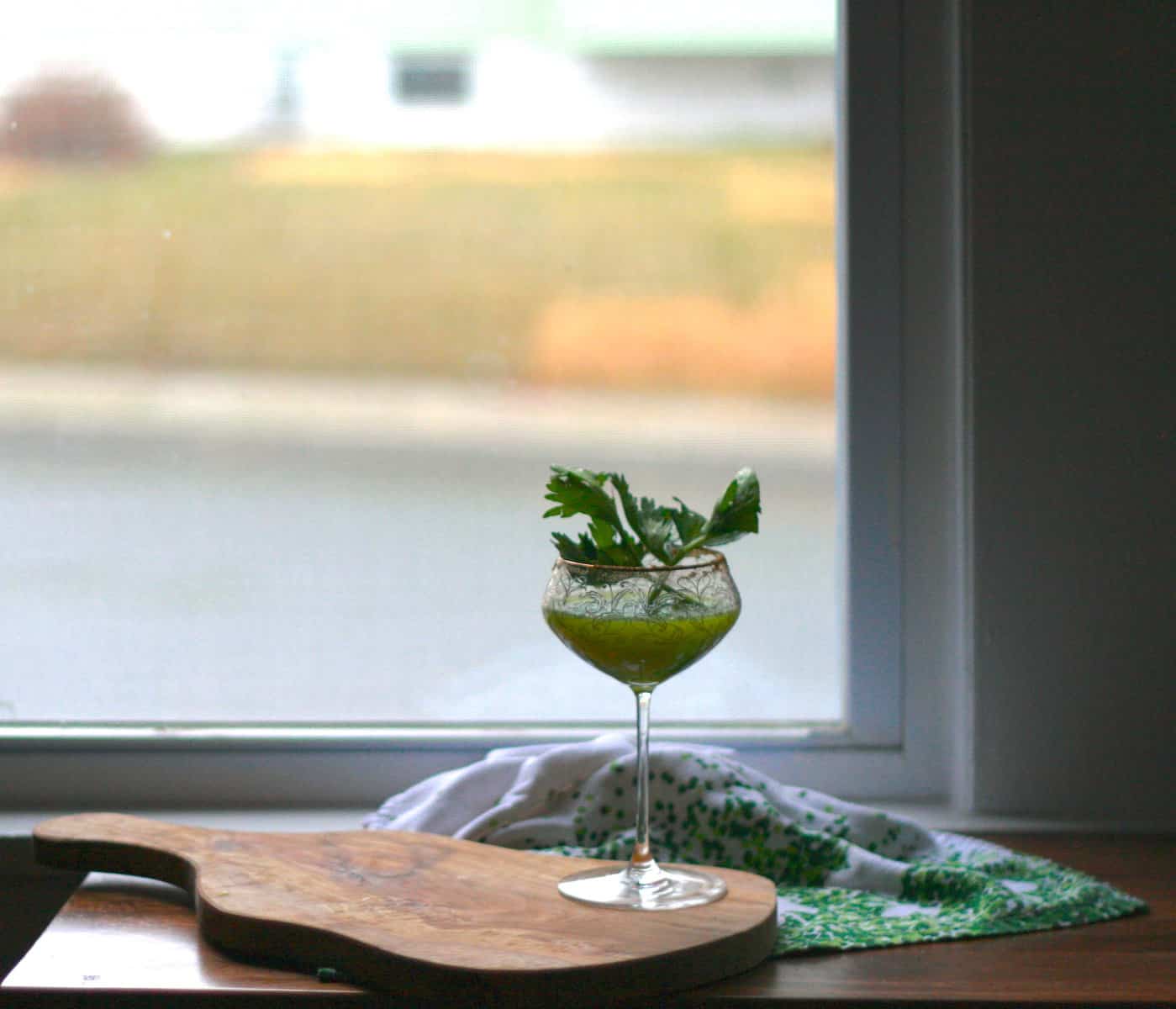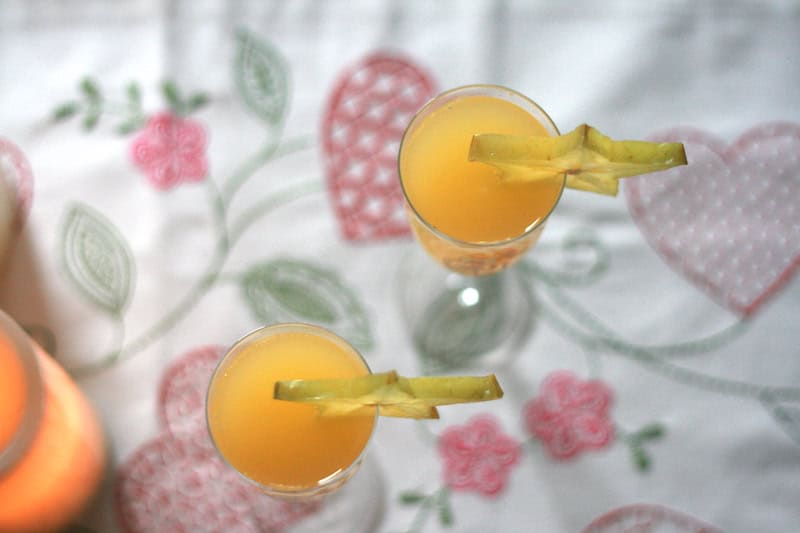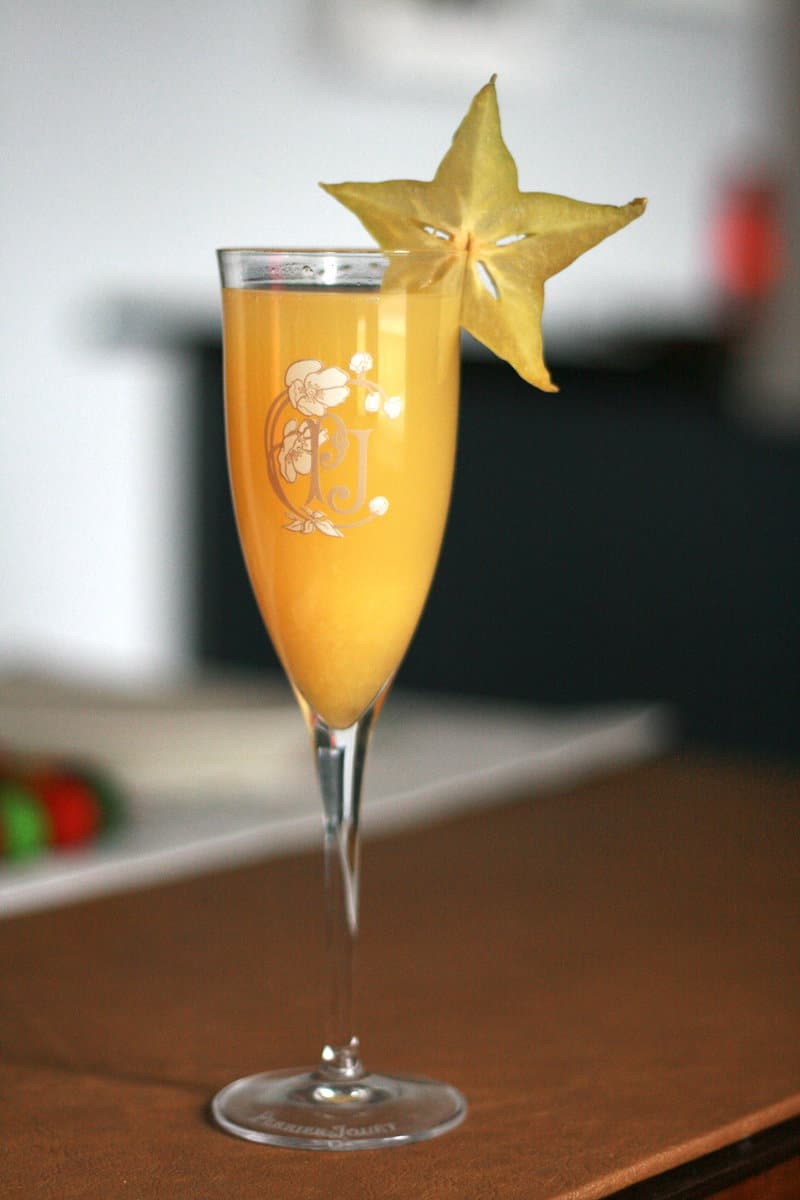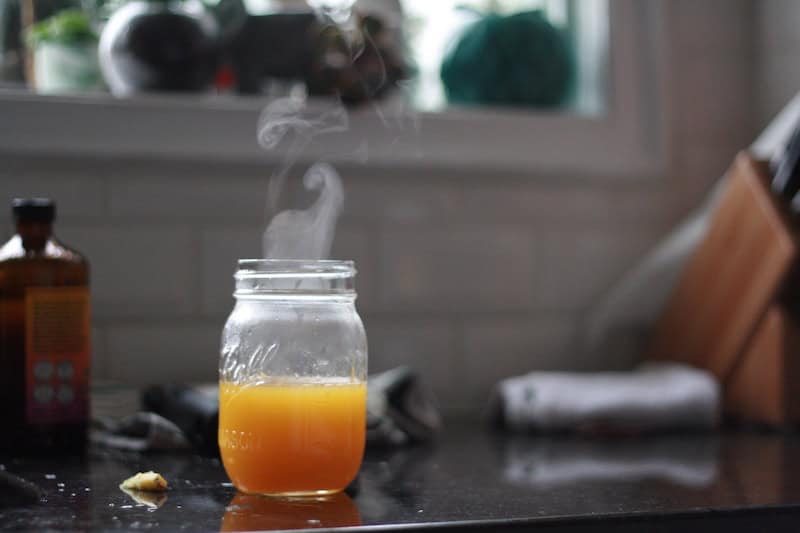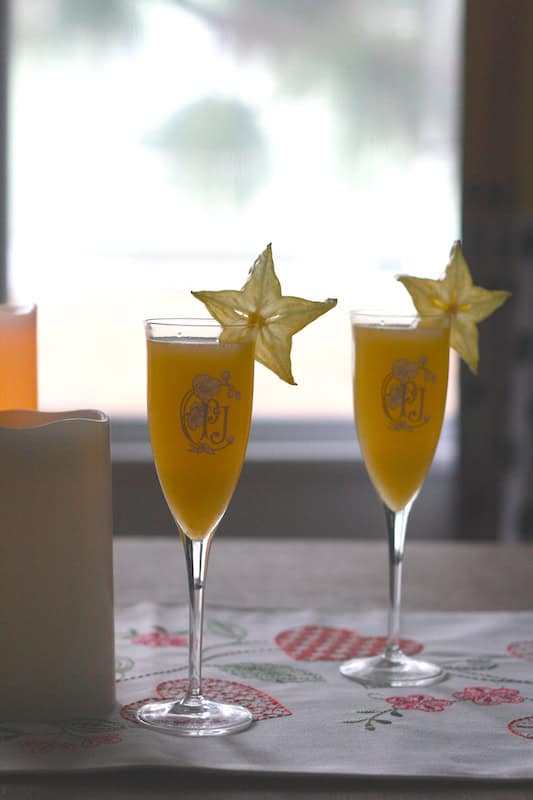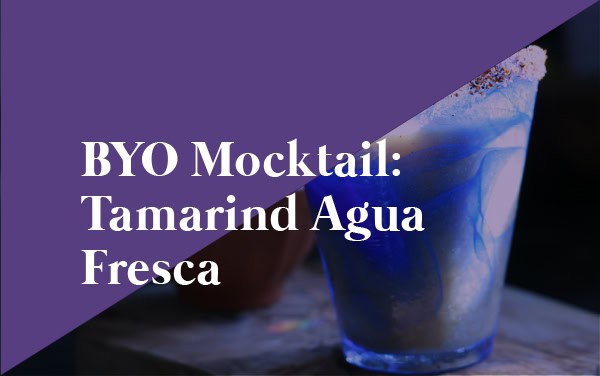
by RE Helper | Sep 18, 2022 | Alcohol Free, Blog, Helpful Tips, Mocktail, Recipe, Resources
At this point it sounds cliche, 2022 has been an a$$ kicker of a year. I’m very tired, but I’m also very sober, still. Sober because I was lucky enough to have built a large toolbox which I relied on a lot this year. When I tell you that I used ever single tool in there… I am not lying.
2022 has been the year I almost drank.
Fangwell judging me and also probably you.
For the most part I hang out with my pets and my husband. But among the highlights was a cruise to Alaska and I went to Bozeman to hang out with my sober friends, who are now like family.
Returning home, all I want to do is spend the long days of the end of summer on my back porch drinking something fancy and refreshing.
Therefore, I keep my mixing simple and to the point. I used fruit to keep it sweet and a topper of your choice of seltzer makes it unique!
Tamarind Mango Agua Fresca (AF)
Serves 2
Prep time: 5 minutes
Ingredients
- 1⁄2 cup Tamarind Nectar
- 1 t Tamarind puree
- 1⁄2 cup frozen mango
- 1 t honey
- 2T Tajin
- Fizzy water (your choice of flavor)
To make the drink
1- In a blender place the nectar, puree and frozen mango. Blend until smooth.
2- Rub the honey along the rim of the glasses and then dip the edges into Tajin.
3- Divide the mixture evenly and top with the fizzy water.
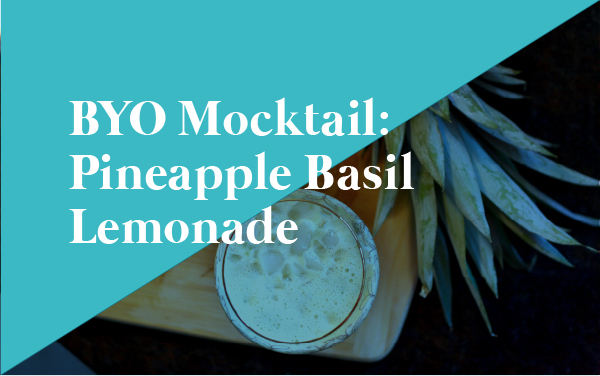
by RE Helper | Jul 15, 2022 | Alcohol Free, Blog, Helpful Tips, Mocktail, Recipe, Resources
One of the scariest questions I had during my path to sobriety was: How will I celebrate ANYTHING? How will I toast at my wedding?
Am I allowed to celebrate anymore ever?!
I was married for the first time in 2005, I was young, figuring out my career and had spent the previous 2 years as a bartender. So I had my best bartender friend (hi ash!) write us a signature cocktail. Seventeen years later, all I can remember is that it was called “The True Love”, had a champagne floater and I drank many of them.
The name of that drink rang true, because what I was really in love with was the alcohol. I wasn’t able to love myself, let alone anyone else at that time. Alcohol was my true love, it was the celebration. I had the ability to turn a Monday afternoon into a celebration, because of booze.
I’ve come to learn over time and with therapy, yes, those that are alcohol free do celebrate! It has also come to light that we celebrate harder because we are fully present in the moment. This month, in honor of Paul Churchill getting married, I’m dedicating this mocktail to his bride. A reinvention of The True Love because this time, it actually is true love.
The True Love: Pineapple Basil Lemonade (AF)
Serves 4
Prep time: 30 minutes + cooling time
Ingredients
- 1 pineapple, cored, chopped & divided
- 1 T cinnamon
- 1⁄2 cup fresh lemon juice
- 2 T honey
- 10 basil leaves
- 2 1/2 cups pineapple water (see below)
- Ice
Pineapple water
Boil 3 cups water, add pineapple peel, rough chopped and cinnamon. Boil 20 minutes, strain liquid through sieve. Allow to cool.
To make the drink
1- In a blender place the pineapple, pineapple water, lemon juice & honey. Blend until smooth.
2- Add in basil and pulse a few times to chop up the basil.
Garnish with pineapple if you want!
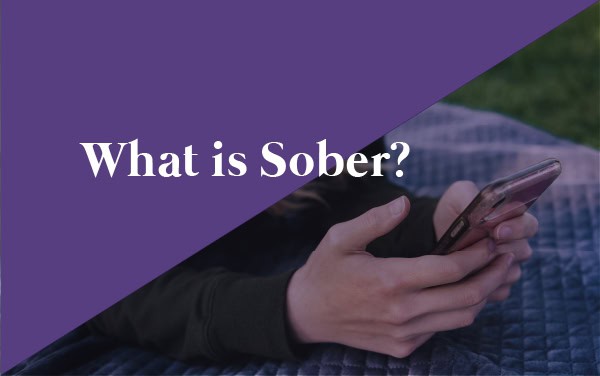
by Kerri MacFarlane | Jun 13, 2022 | Blog, Early Sobriety, Helpful Tips, Uncategorized
What is sober? What is sobriety? Can we define this? Let’s try!
Sober. First off this word can be exchanged with AF, Alcohol-free, whatever. But what is sober?
When we say sober, at least for this blog, we are referring to alcohol.
(That’s the drink that put Paul behind the mic ?).
This topic, especially in the rooms of AA and 12 step programs, can be somewhat divisive. ???? But…the truth of the matter is, it really shouldn’t be. I think we’ll find out that arguing over what sober IS, and ISN’T, is a silly and almost harmful endeavor.
In fact there are even nicknames for what type of sober you are. ?
Our recommendation is don’t get too attached to any idea of what sober looks like, because at the end of the day, it’s not really about the substances, behaviors or actions…
it’s the freedom that you have from them. ?
Do your absolute best not judge others for their definition of sober because as we’ll find out, it’s not as black and white as you think.
Quick side note about judgements ?? When you judge others you judge yourself (thank you boomerang ? effect), and create separation.
In terms of sobriety, Paul has heard some silly stories about people being told they aren’t sober because they drink kombucha, they drink NA beers, or they had beer battered fish and chips for lunch. True story. Never-mind mind the fact a ripe banana ? has the same amount of alcohol as kombucha and a hamburger bun has nearly triple that. Are you not sober if you eat a banana or a hamburger or chicken sandwich?
When Paul first quit drinking and began going to AA he thought it was no alcohol, no drugs, no substances, no pills, no prescriptions, no mind altering substances, no MDMA, no mushrooms, the list can go on and on…
But, welcome to the real world, where there are approximately 50 shades of gray, and just as many shades of ‘sober’.
Here are some statements Paul has heard from sober people.
- “I’m sober, and I drink Kombucha.”
- “I’m sober, and I drink NA Beers.”
- “I’m sober, and I eat dishes that are prepared with some form of alcohol.”
- “I’m sober, and I smoke cigarettes.”
- “I’m sober, and I use chewing tobacco.”
- “I’m sober, and I drink 1-10 cups of coffee a day.”
- “I’m sober, and take ADHD meds.”
- “I’m sober, and take antidepressants.”
- “I’m sober, and I use cannabis.” (This has been coined California Sober.)
- “I’m sober, and I take benzos for my anxiety and sleep.”
- “I’m sober, and take opiates for chronic pain.”
- “I’m sober, and I take sleep meds.”
- “I’m sober, and I pull out my eyebrows, I itch, pick and pull.”
- “I’m sober, and I use plant medicine.” (Ayahuasca, psilocybin, ketamine, MDMA)
- “I’m sober, and I have to sexually relieve myself constantly.”
- “I’m sober, and I eat a fuck ton of ice cream.”
- “I’m sober, and I love to shop.”
- “I’m sober and I leave this planet while doing Breathwork or Tai Chi.”
Paul has even heard people say, I’m sober, but…they have a couple drinks a year, month, or even in a given week.
As you can see, defining sobriety is a fool’s errand. We can’t do it, and we shouldn’t do it. In fact it’s dangerous to do so. If we did, we’d separate, isolate and disconnect ourselves even more.
We’re also ignoring the environment we have to live in. We unnecessarily beat ourselves up for not hitting our internal definition of sober. In a meeting one time Paul heard a guy say that he wasn’t sober because he was taking sleep meds. It was consuming him. We, of course, don’t exactly know what his relationship with the meds was like…if he was taking them ‘as prescribed’…but sleep is fucking important. Paul had to take AF Sleep-Eze, and Tylenol PM’s for probably 4-6 months when he first quit drinking. If you don’t get good sleep, the foundation of your sobriety is compromised.
Okay, so those are some Newtonian ways to define sobriety. Those are more about staying away from something, or coming at it from a lens of sacrifice.
Here are some better ways. ??
- Sobriety is freedom.
- Sobriety is everything.
- Sobriety is living authentically.
- Sobriety is not being a slave to a substance, behavior or action.
- Sobriety is you living your life how you want to live.
- Sobriety is living with a connected head and heart.
- Sobriety is being able to recognize beauty, art, and appreciate sunsets.
- Sobriety is a different vibration.
- Sobriety is hope.
- Sobriety is you taking off the chains.
- Sobriety is you…meeting you.
- Sobriety is a manageable life.
- Sobriety is “downgrading additions.” Sarah Hepola – Blackout
If you remove alcohol and aren’t ready to say goodbye to everything else, go slow, take your time, and listen to your body. There is no right or wrong way to do this, and there is no generally accepted definition of sobriety.
So then what? Do we have to accept them all? Well, just like it’s a good idea to accept all skin colors, it’s the same with defining sobriety. What really matters here is the person is trying to make a change. Even if the change is a mental thought form swirling in the brain, it still is something that exists.
We’re going to make this simple, at Recovery Elevator, we accept all versions of sober. We accept all versions of you.
***Taken from Recovery Elevator Podcast, episode 380, host Paul Churchill***
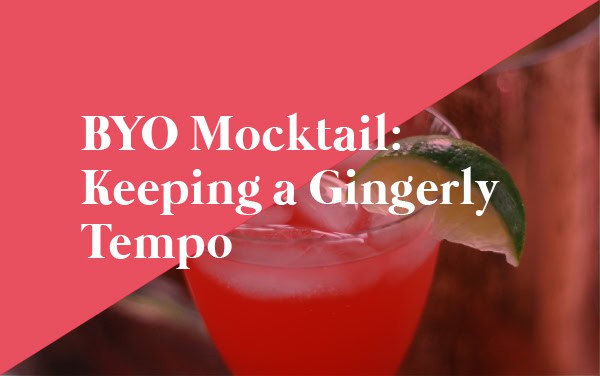
by RE Helper | May 16, 2022 | Alcohol Free, Blog, Mocktail, Recipe
The other day I was texting with a longtime friend, just the usual, sometimes nonsensical, back and forth of friends who have a solid foundation. While she was catching me up on her husband and son, she mentioned that her son’s favorite mocktail right now is a Don Johnson. Being a curious person, I took the bait and asked “What’s a Don Johnson?”
It’s a Miami vice with no socks! (?rum)
And then I snorted so hard with laughter, I scared my cat. But this got me thinking about the mocktail traditions I had as a kid. I believe that we all experience exposure to alcohol in our youth and it begins to form the values we have around alcohol.
My family mocktail was a Shirley Temple. On Saturday evenings my father would make my mother a Campari and soda and then for us kids, a Shirley Temple. We would then sit dow as a family and have a little pre-dinner chat. As an adult I can see what my (extremely tired) parents were doing. They wanted us to sit down and talk to them, but also not have to exert a lot of energy at the same time.
To this day, I love to sit and have a pre-dinner drink. I find it the best way to quiet my busy mind. I used to think that I needed vodka to also quiet my mind, but I know better. So in keeping with traditions established in our youth, I’m updating the Shirley Temple, adding in some ginger and lime to spice it up, but keep it fun without the booze.
Keeping a Gingerly Tempo (AF)
Serves 4
Prep time: 5 minutes
Ingredients
- 3 cups Ginger Beer
- 1 cup sparkling water
- 3 T lime juice
- 3 T grenadine
- cherry and limes for garnish
Combine all ingredients (except garnish) pitcher. Stir together. Put 2 cherries in the bottom of the glass. Pour over crushed ice (my ice maker has decided to stop making crushed ice, please trust me, crushed is best!)
Love and Mocktails,
Kate
PS- When I told the friend she was the opening subject of my blog, she wanted me to add the following “Your friend is an aspiring film writer with a penchant for tennis skirts and an endearing laugh. She tells amazing jokes.”
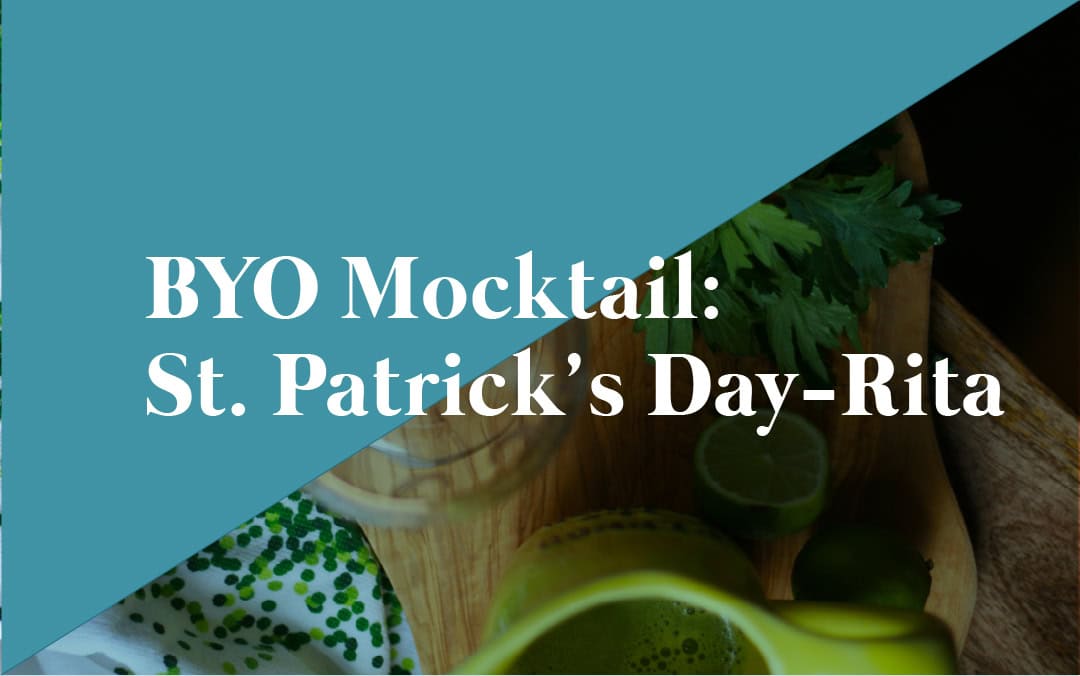
by RE Helper | Mar 17, 2022 | Alcohol Free, Blog, Helpful Tips, Mocktail, Recipe, Resources
Normally I post my mocktail around the 15th of the month, but this month I delayed my post for 2 days so we could talk about
St. Patrick’s Day…
Ready?! Let’s go!
When alcohol is a central focus in your life, every day can be seen as a day to drink! For me, when “drinking holidays” arrived, this was truly my time to shine. It was when everyone else drank like I did on the daily! I could be me, I could be free…. I could have a 3 day hangover… I could have UBI bruises (Unidentified Beer Incident)… I could have lost a phone… I could have…
In Cafe RE this week, someone posted about how in the past they used to drink to their Great Granny O’Reilly and tell everyone at the bar about their Irish heritage. Until they did an ancestry test and discovered they are only 2% Irish! I assume if you’re here, you are thinking about cutting out alcohol, so I feel comfortable asking: How many times have you convinced yourself that something was true to justify the way you were drinking?
As we step away from alcohol, we have to build our own tool belt of sobriety tips and tricks to whip out at a moments notice. My biggest tool (and the whole reason I’m here writing this mocktail blog!) is:
BYO MOCKTAIL!
Having your own drink is, to me, by far the most important thing when socializing. And St. Patrick’s Day can be a doozie! Everything is green, everyone it seems is drunk and you can almost feel the bad decisions being made.
Who wants a green treat to bring to their best friend’s, brother’s, dog babysitter’s, plant sitter’s, cousin’s, co-worker’s St. Patrick’s Day party?!
The St. Patrick’s Day-Rita (AF)
Serves 1
Prep time: 5 minutes
Ingredients
- 1 celery stalk, rough chopped (save the leaves for garnish!)
- 2 oz (1/4c) lime juice
- 1 oz (2T) orange juice
- 2 oz (1/4 c) simple syrup
- celery salt for rim
Combine first 4 ingredients in blender and blend until celery is puréed. Strain through cheesecloth or dish cloth, reserving liquid & pressing liquid through. Put liquid back into blender, add a handful of ice and blend. Rim the glass with celery salt and pour into glass. Garnish with celery leaves and drink!
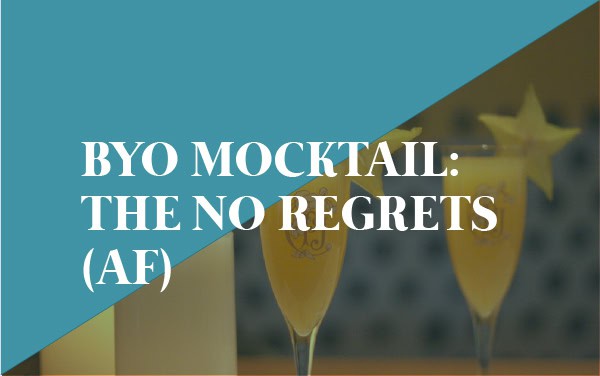
by RE Helper | Jan 16, 2022 | Alcohol Free, Blog, Mocktail, Recipe, Resources
Happy 2022! I hope everyone survived the end of 2021 with at least a smile on their face.
Growing up, my grandfather owned a liquor store. It was a family run business, my uncles all worked there as kids and my one uncle worked there his whole life. They raised their family in a small beach town in New Jersey. So it was a mom and pop shop through and through.
However when my grandfather passed away and they were closing the store, our family had the problem of a surplus of glassware. So each child and grandchild received some special glassware.
I have found there’s two ways of thinking when it comes to barware once you’re sober. The “get rid of it” group and the “repurpose it” group. I personally fall into the latter and love using my old glassware with a new purpose. Because today’s mocktail is best served from a Champagne glass I’m using some Perrier-Jouët glasses that I’m sure were part of a promotional package, but now have deep sentimental meaning to me. I have no regrets holding onto these glasses and using them over and over again.
Don’t get me wrong, those plastic wine glasses that were bought so I wouldn’t break *another* glass were thrown away. The cheapie wine glasses, also garbage.
But the special glasses remain, there’s just a lot less of them now
The No Regrets (AF)
Serves 4
Prep time: 60 minutes (including cooling time)
Ingredients
- 1 cup orange juice
- 1 tbsp grated ginger
- 1/2 cup sugar
- NA wine*/prosecco/seltzer
Combine first 3 ingredients in sauce pan. Cook on medium heat until the sugar dissolves. Allow to cool. Divide evenly among 4 glasses, top with your NA beverage of choice.
*I used this.
Your sobriety is just that, yours. So do what keeps you sober and just keep moving forward.

